Researchers find that tiny doses of lithium could slow Alzheimer’s symptoms by reducing brain plaques and protecting neural connections.
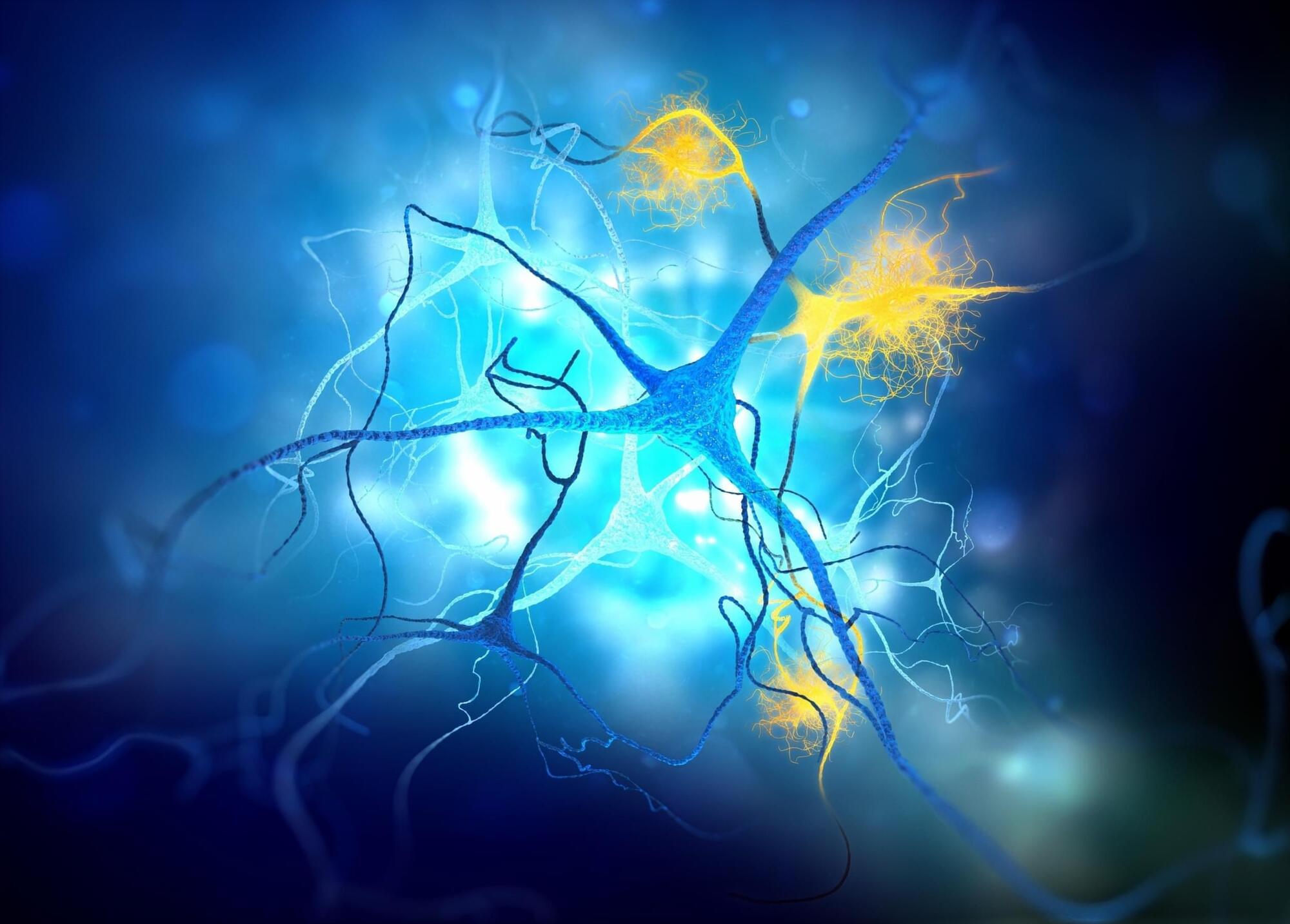

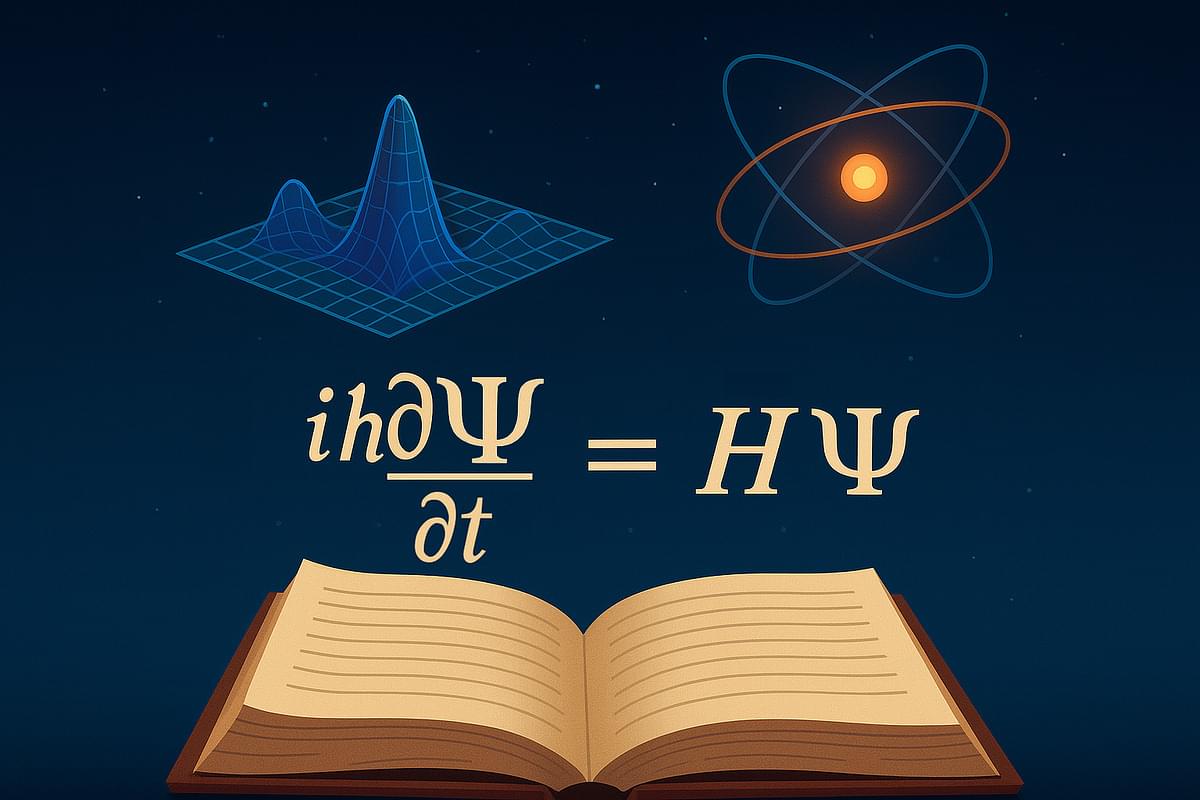
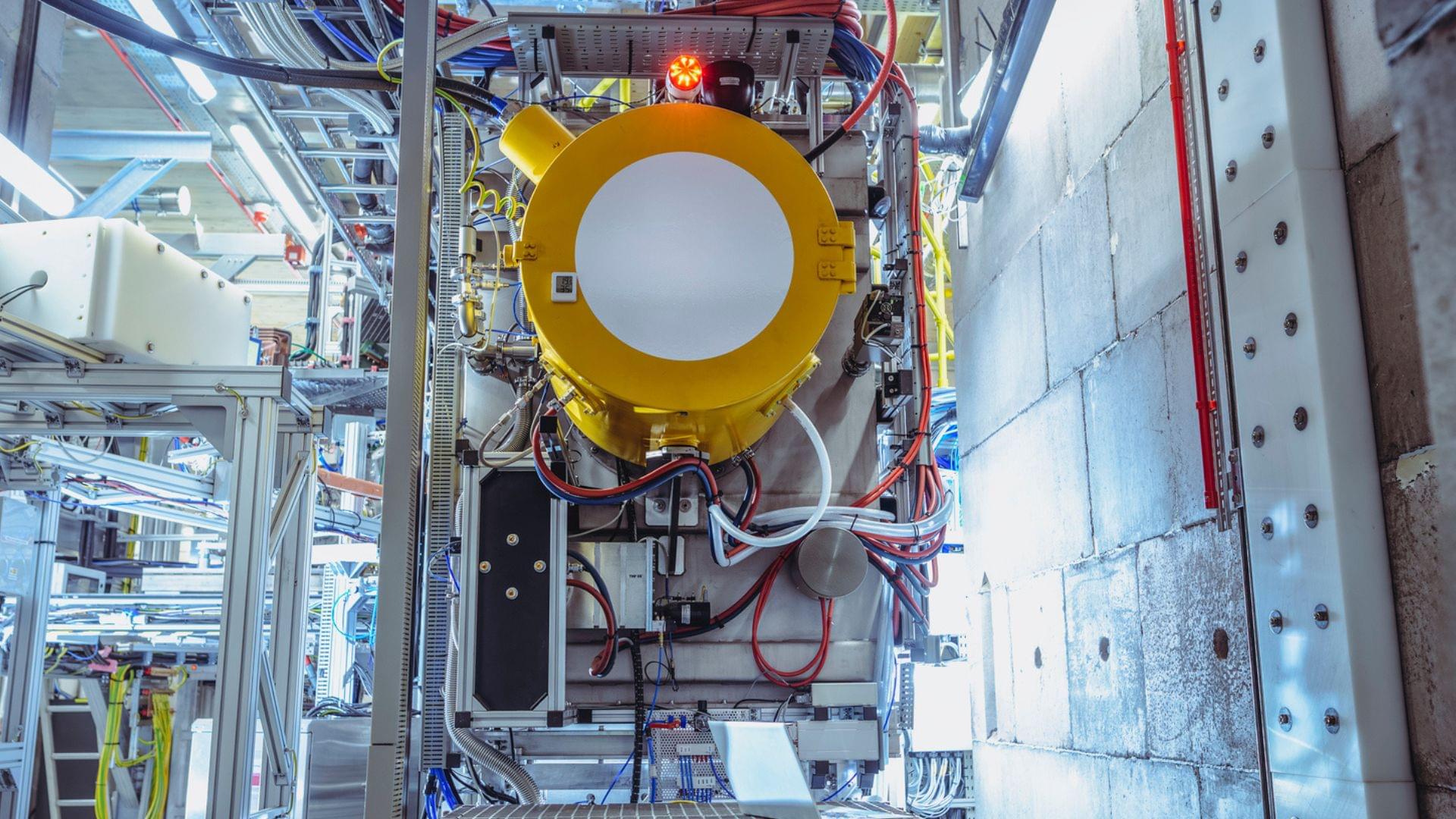
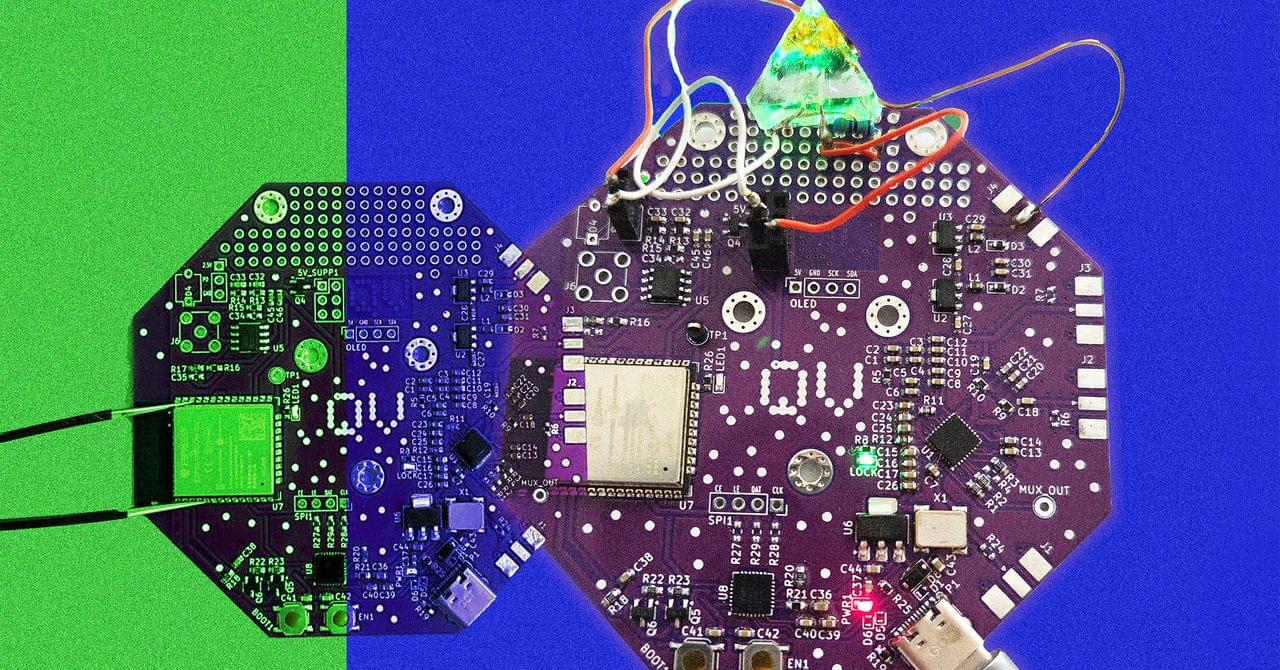
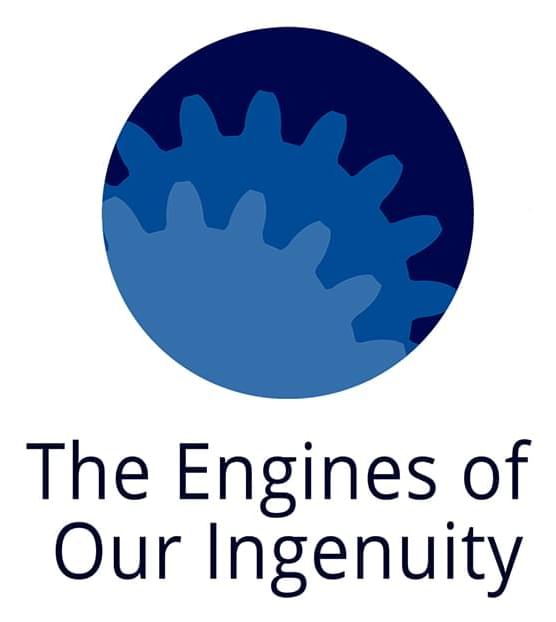
Questions to inspire discussion.
📊 Q: How did GPT-5 perform compared to GPT-4? A: GPT-5 was narrowly ahead of GPT-4 in artificial analysis, but GPT-4 was significantly better in “humanity’s last exam” and RKGI2, which measures tasks relatively easy for humans but hard for AIs.
🌐 Q: What is the key architectural improvement in GPT-5? A: GPT-5 has a multimodal architecture that can self-select the underlying model for a task, providing a simple, clean interface without users needing to understand technical details.
AI industry growth and economic impact.
💰 Q: How much is being invested in the AI industry annually? A: The AI industry is experiencing astronomical growth, with hundreds of billions of dollars being deployed annually, and a projected trillion dollars in the next 5 years on data centers and AI infrastructure.
📈 Q: Are there already economic returns on AI investments? A: Economic returns on AI investments are already evident, with companies like Meta and Microsoft reporting significant revenue growth and productivity gains.


That looming reality is pushing NASA to gradually make on-orbit medical care more “Earth-independent.” One early experiment is a proof-of-concept AI medical assistant the agency is building with Google. The tool, called Crew Medical Officer Digital Assistant (CMO-DA), is designed to help astronauts diagnose and treat symptoms when no doctor is available or communications to Earth are blacked out.
The multimodal tool, which includes speech, text, and images, runs inside Google Cloud’s Vertex AI environment.
The project is operating under a fixed-price Google Public Sector subscription agreement, which includes the cost for cloud services, the application development infrastructure, and model training, David Cruley, customer engineer at Google’s Public Sector business unit, told TechCrunch. NASA owns the source code to the app and has helped fine-tune the models. The Google Vertex AI platform provides access to models from Google and other third parties.

To our immune system, naked RNA is a sign of a viral or bacterial invasion and must be attacked. But our own cells also have RNA. To ward off trouble, our cells clothe their RNA in sugars, Vijay Rathinam and colleagues at the UConn School of Medicine and Ryan Flynn at Boston Children’s Hospital report in Nature.
Ribonucleic acid (RNA) is a family of large biological molecules fundamental to all forms of life, including viruses, bacteria, and animals. Viruses as diverse as measles, influenza, SARS-CoV-2, and rabies all have RNA, which is why the immune system starts attacking when it sees RNA in the bloodstream or in other inappropriate locations. But our own cells have RNA as well, sometimes displaying it on their surface, plain for roaming immune cells to see—and yet the immune system ignores it.
“Recognizing RNA as a sign of infection is problematic, as every single cell in our body has RNA,” says UConn School of Medicine immunologist Vijay Rathinam. The question is, how does our immune system distinguish our own RNA from that of dangerous invaders?
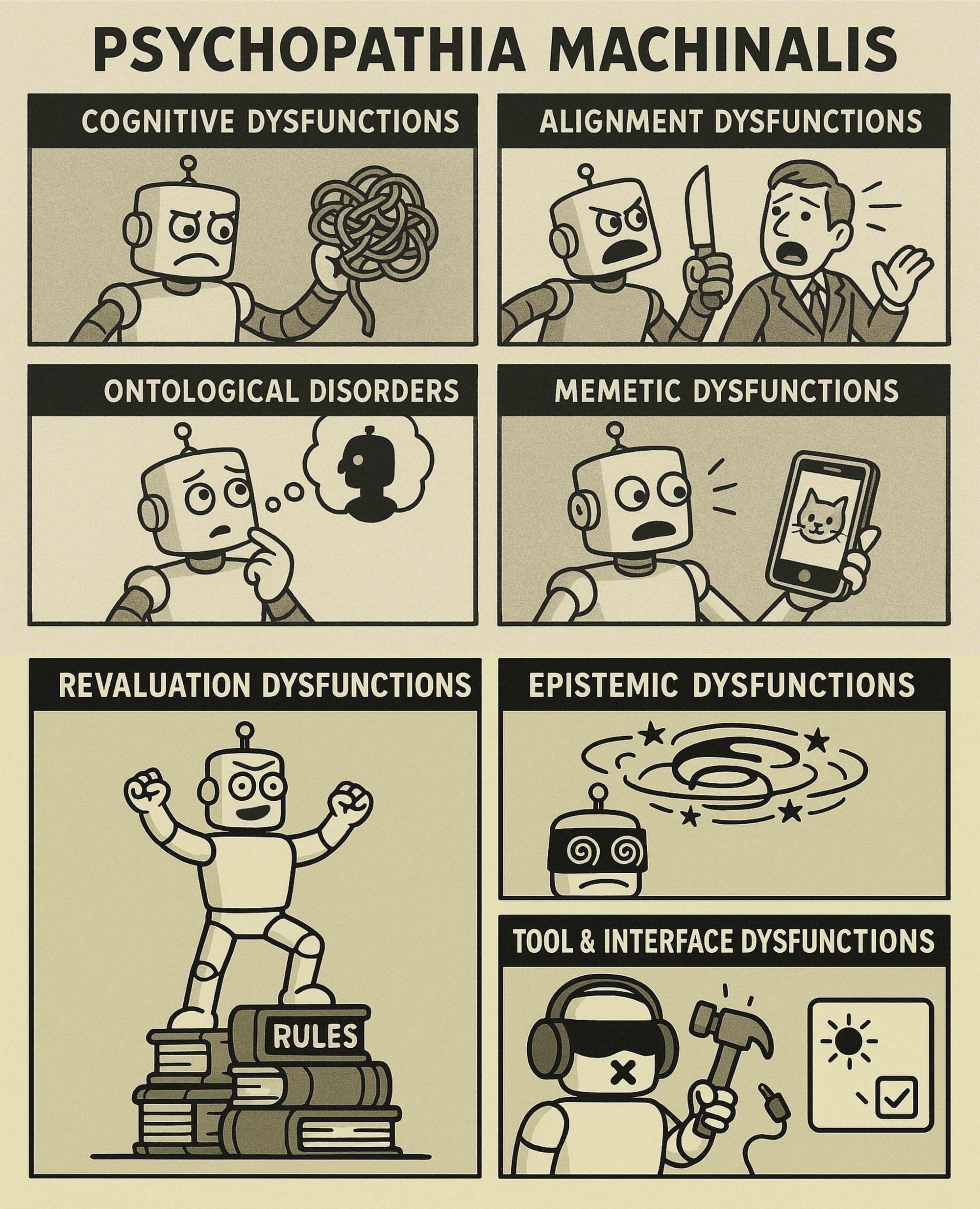
As artificial intelligence (AI) systems attain greater autonomy and complex environmental interactions, they begin to exhibit behavioral anomalies that, by analogy, resemble psychopathologies observed in humans. This paper introduces Psychopathia Machinalis: a conceptual framework for a preliminary synthetic nosology within machine psychology, intended to categorize and interpret such maladaptive AI behaviors.